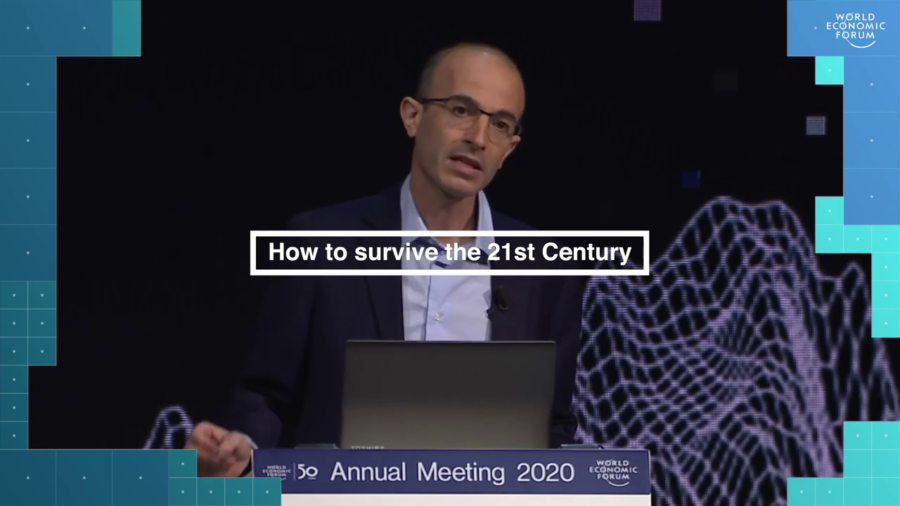Of all the different issues we face, three problems pose existential challenges to our species. These three existential challenges are nuclear war, ecological collapse, and technological disruption. We should focus on them.
Archive
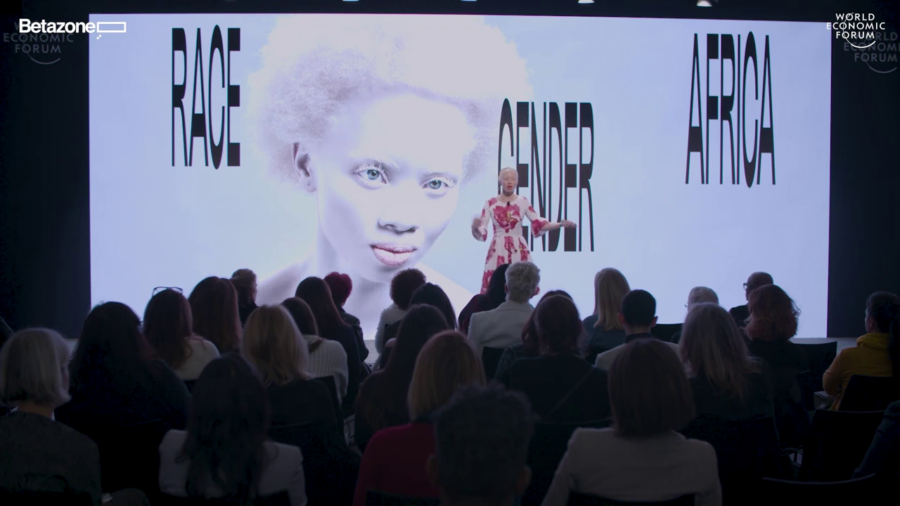
As a black, African, woman, with albinism, my very existence attracts social and political consequences. And all of it is significant for me. It is my world between worlds. In the same way I could not just pick one doll, I cannot just pick one identity. An inclusive culture accepts that it is not this or that. It is this and that.
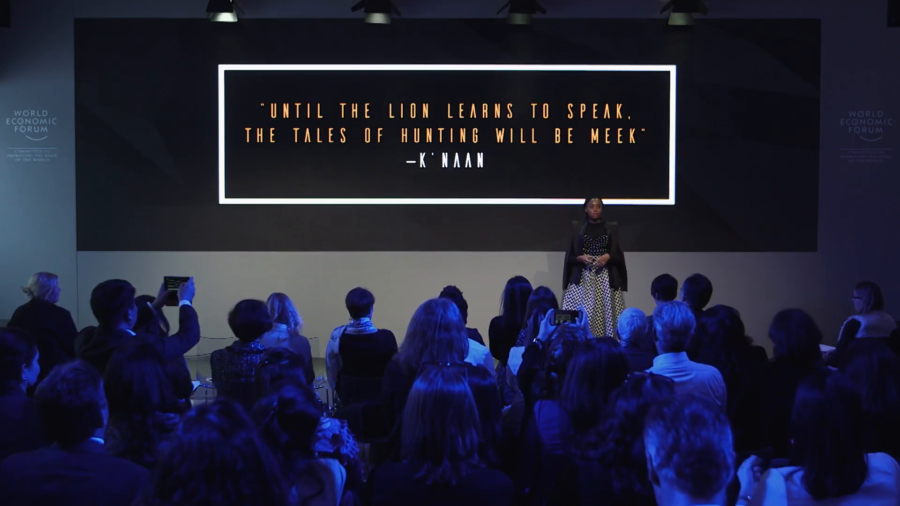
To have the hunter tell it, Africa is full of meek stories about desperation and despair. So when artists like myself offer an alternate vision, often we’re asked to defend our imagination. Why do we feel we have the luxury to create? Shouldn’t we be dealing with more important issues like corruption, or war, or AIDS, or poverty?
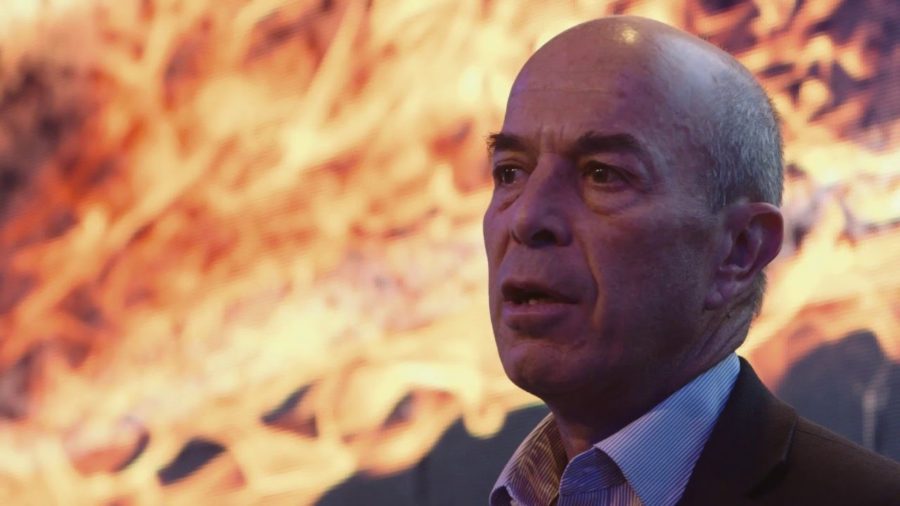
Our connectivity not only spreads good ideas, it spreads bad ones too. Our connectivity not only allows us to make finance travel around the world and help people, it means that a cascading risk that originates in the South of the US can be everywhere within a matter of hours. And this hyperconnectivity, this butterfly defect of globalization, requires new management.
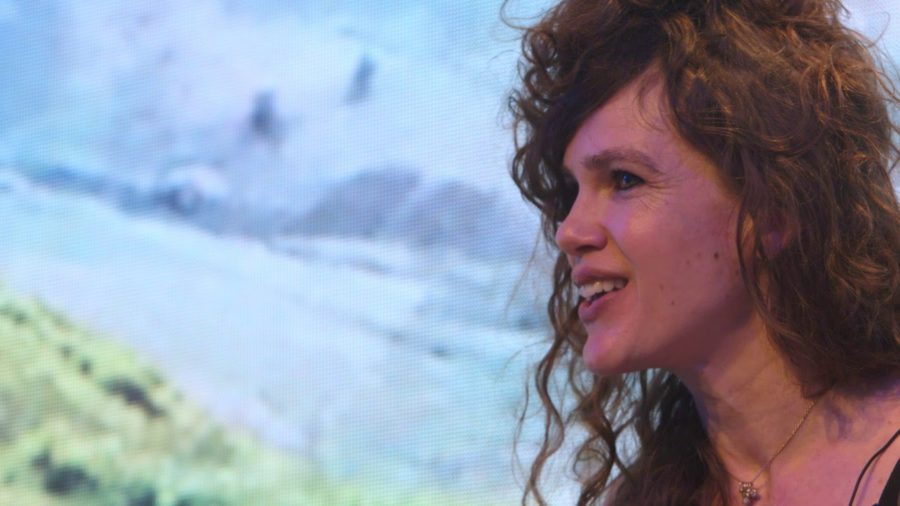
The question that philosophers have asked since antiquity is how should you live? What is the good life for a human being? And the two answers that have repeatedly come back time and time again are that there are two things that matter. One is agency. That’s to say being in control of your life, actively, creatively engaging with the world. And the other is community.
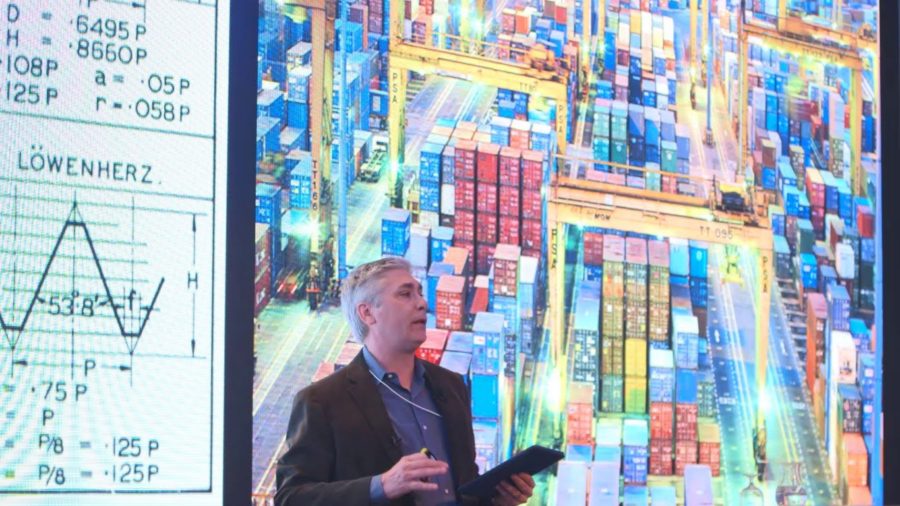
One of the ways that industrial revolutions are interesting to think about is that they look differently depending on how and where you see them from. They look different whether you see them from Europe or Asia or Africa. But regardless of time or place, economists and historians generally tend to look at industrial revolutions through the lens of innovation. And in my short talk today I want to encourage a different way of thinking about this.

